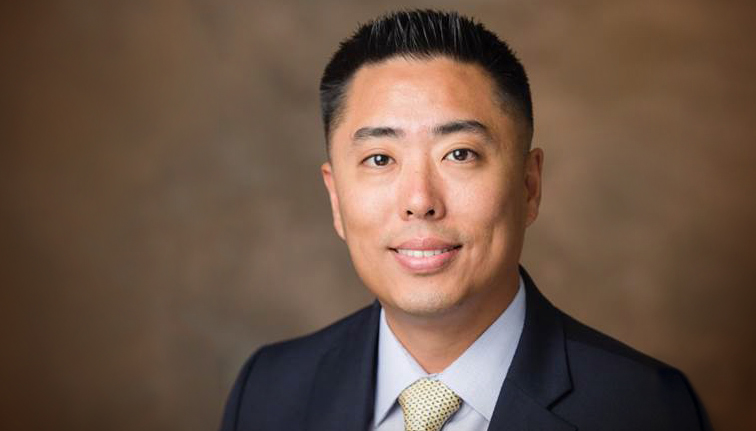Fewer Antibiotics, Better Outcomes for Complicated Appendectomy Patients?

LOS ANGELES – With acute appendicitis ranking among the nation’s most common acute surgical emergencies, researchers studied the relatively routine use of post-operative antibiotics in complicated cases and found that they didn’t reduce infections after surgery. They also found that patients who received post-operative antibiotics remained in the hospital up to one day longer than similar patients who had not received antibiotics.
Researchers at Los Angeles Biomedical Research Institute (LA BioMed) and Olive View-UCLA Medical Center studied the outcomes over five years for 410 adults with complicated appendectomies, or those where the appendix was found to be perforated or gangrenous. Post-operative antibiotics were administered to 274 of those patients, or 66.8%.
The researchers’ study, published online in the American Journal of Surgery, compared patients who received post-operative antibiotics to those who had not received the medications and found no significant difference in wound complications among the two groups. The 274 patients who received post-operative antibiotics did have slightly longer hospital stays – an average of about one day longer – than the patients who didn’t receive the medication.
“Our study indicates antibiotics may not be necessary following surgery for complicated appendicitis,” said the study’s corresponding author, Dennis Y. Kim, LA BioMed lead researcher. “Antibiotics are not without risks, costs or complications. While further study is needed, surgeons and physicians may wish to re-examine or be more selective in deciding which patients may potentially benefit from post-operative antibiotic therapy for complicated appendicitis.”
In the U.S. alone, acute appendicitis affects more than 250,000 patients annually, and the overall lifetime risk of acute appendicitis is 6% to 20%, according to the researchers. Complicated appendicitis, which is defined as a finding of a gangrenous or perforated appendix during surgery, may occur in up to one-third of patients presenting with acute appendicitis, the researchers reported.
“The traditional teaching is that all patients with complicated appendicitis receive post-operative antibiotics to reduce the risk of wound infection or deep organ space infection,” said Dr. Kim. “But the medical profession is beginning to re-examine the role of antibiotics for treating other common acute surgical disease processes, and our study shows this re-evaluation is warranted in complicated appendectomies.”
Other researchers participating in the study from LA BioMed and Harbor-UCLA Medical Center were: Nariman Nassiri, MD, MPH; Hamid Alipour, MD; Amy H. Kaji, MD, PhD; Ashkan Moazzez, MD, EMPH; David S. Plurad, MD, and Christian de Virgilio, MD. Participating in the study from Olive View, UCLA Medical Center were: Darin J. Saltzman, MD, PhD; Michael P. Ferebee; Ian T. Macqueen, MD, and Camille Hamilton, BA.
